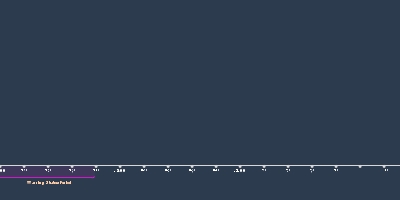*"Greek Dark Ages"- Illiteracy and small communities, no central governance, very poor (1 ene 1100 año aC – 1 ene 800 año aC)
Descripción:
Part of the story is that that old connection that the Mycenaean world had with the Mediterranean in general, most particularly, with the East stops, we don't find in the excavations we make of Greek towns in the Dark Ages--we don't find implements, jewels, goodies, anything from Egypt or Mesopotamia or anything like that. Nor by the way, do you find Greek things in those places. The Greeks are isolated during this period. Of course, everything I'm saying is somewhat exaggerated. I'm sure there must have been individual exceptions to everything, but we're talking about the overwhelming reality.And not only are the Greeks as a whole cut off from the rest of the world, but Greece itself, which used to be an area of easy exchange, where people could go from one place to the other and did, localism now comes into the picture. The unity is broken. It's again like--I hope you know something about the early middle ages where places were simply cut off one from the other and there were no roads kept or made, and just going from one village to another was a strange and dangerous thing, because nobody was in charge.
Call them towns for the sake of argument, sounds too urban, but call them that. Small, that means to say small in extent, few people, because the population surely went down, since the capacity to grow food, to distribute it, that whole system that depended on the existence of a central palace and a strong king running everything, running production, running distribution, it's gone. You know that doesn't come back. When that's destroyed, you're in terrible shape
Yale Pg. 19
Añadido al timeline:
fecha:
1 ene 1100 año aC
1 ene 800 año aC
~ 300 years
